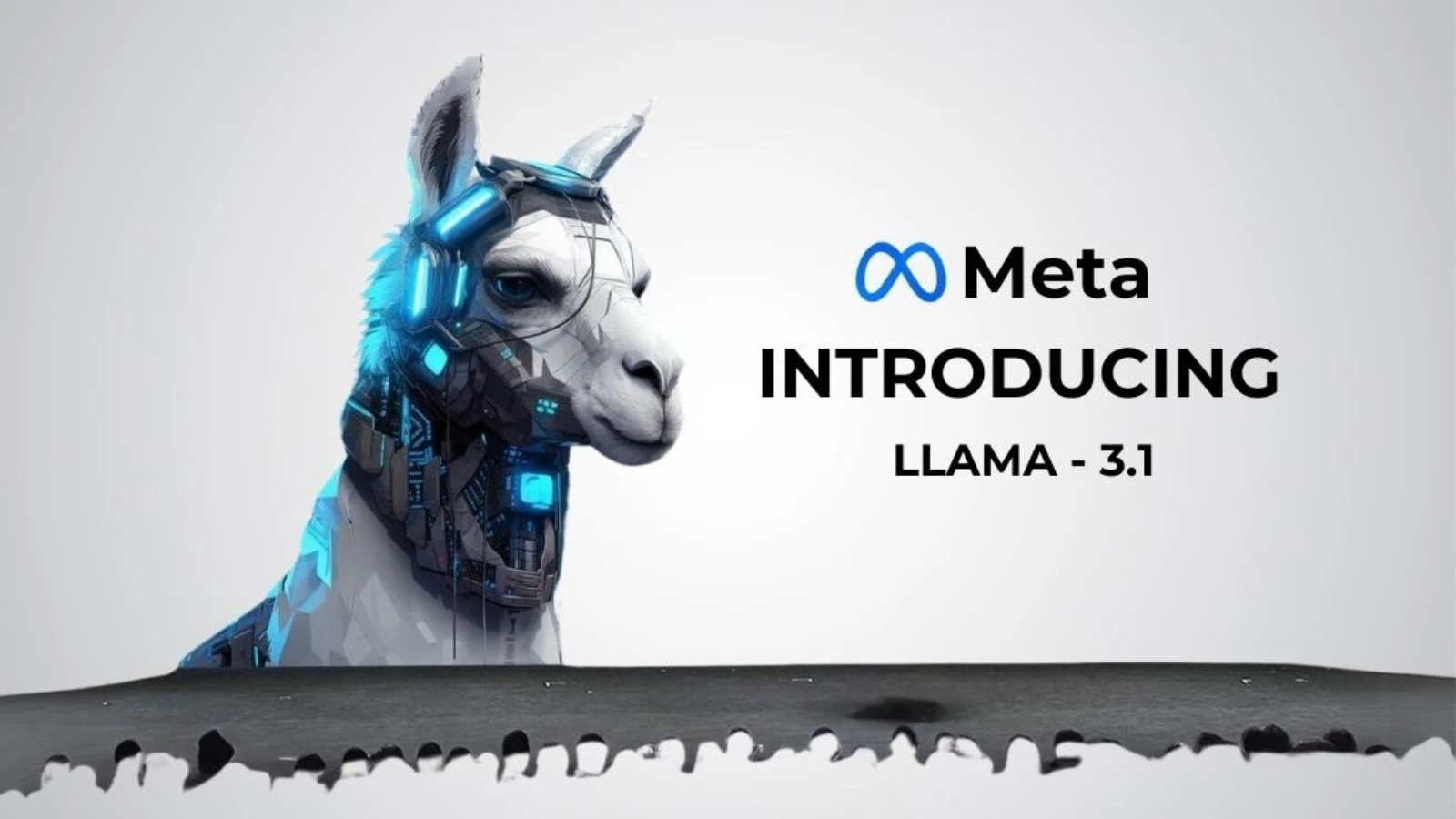Meta's New Llama 3.1 Model: Zuckerberg Challenges OpenAI and Google

In the ever-changing world of artificial intelligence, competition is tough. With digital behemoths like OpenAI and Google leading the way, Meta, led by Mark Zuckerberg, is taking a significant step with its new Llama AI model. This methodology, which is interwoven across Meta's huge ecosystem, aspires to create new norms for the AI industry. In a recent interview, Zuckerberg shared his ambitious aspirations and unwavering conviction in the promise of open-source AI. This newsletter delves into Zuckerberg's ambition, the hurdles ahead, and the implications for the future of AI.
Zuckerberg’s Vision for Meta as a Leading AI Company
Mark Zuckerberg has publicly announced his desire for Meta to become the world's premier AI business. Despite being regarded as playing catch-up, Zuckerberg remains confident in Meta's AI capabilities. He foresees Meta's AI being integrated into platforms like Facebook, Instagram, WhatsApp, and Oculus, with hundreds of millions of users before the end of the year.
The Llama AI Model: A Game Changer?
The Llama AI model is poised to potentially eclipse existing models like ChatGPT in terms of user engagement. Zuckerberg's projections suggest that Llama could become the most used chatbot in the world within months. This rapid adoption hinges on the model’s integration across Meta’s platforms and its standalone chatbot capabilities.
Addressing the Intelligence Gap
Zuckerberg acknowledges that Llama 3.1 still trails behind the most advanced AI models. However, with the development of Llama 4, he is optimistic about closing this gap. The continuous improvement in AI capabilities is crucial for Meta to not only catch up but also to potentially lead the industry.
The Open Source Debate
Meta's commitment to open-source AI distinguishes them from competitors such as OpenAI and Google, which use more closed systems. Zuckerberg claims that open-source AI is safer and more secure due of the combined inspection and contributions of the worldwide developer community. This transparency, he says, makes it easier to identify and resolve difficulties, resulting in a more robust and trustworthy AI ecosystem.
The Strategic Benefits of Meta
While open-source AI is consistent with Zuckerberg's vision, it also positions Meta to influence industry norms and drive AI technological development. Meta has the opportunity to gain a strategic advantage by pushing open-source AI development.
Personal insights from Zuckerberg
Beyond the technical and strategic issues, the interview revealed Zuckerberg's personal side. Zuckerberg's enthusiasm and dedication can be seen in his varied activities, from leading Meta to wake surfing, where he is said to be more at ease than ever. His wife, Priscilla, likes his extracurricular hobbies, which help him channel his inexhaustible energy.
Zuckerberg's long-term commitment
Unlike other company founders who have turned away from their companies, Zuckerberg is determined to guide Meta through the AI wave. He intends to stay actively committed for the next 10 to 15 years, ensuring Meta's position at the forefront of technological progress.
FAQs
What is the Llama AI model?
The Llama AI model is Meta's latest artificial intelligence initiative, designed to be embedded across its platforms and serve as a standalone chatbot. It aims to rival existing models like OpenAI's ChatGPT.
How does Meta's AI strategy differ from competitors?
Meta's AI strategy is centered around open-source development, which Zuckerberg believes is safer and more secure. This approach contrasts with the more closed systems of competitors like OpenAI and Google
Why does Zuckerberg support open-source AI?
Zuckerberg supports open-source AI because it allows for global collaboration, making it easier to identify and fix issues. He believes this transparency fosters a more secure and robust AI ecosystem.
What are the potential benefits for Meta with open-source AI?
Open-source AI allows Meta to influence industry standards and drive the evolution of AI technology. This strategic position can give Meta a competitive edge in the long term.
How does Zuckerberg view his role at Meta in the future?
Zuckerberg is committed to leading Meta through the next wave of AI innovation. Unlike other tech founders who have stepped back, he plans to stay actively involved for at least the next 10 to 15 years.
What personal traits of Zuckerberg were highlighted in the interview?
The interview highlighted Zuckerberg's comfort in his role, his high energy levels, and his engagement in various activities like wake surfing, which help him stay focused and balanced.

